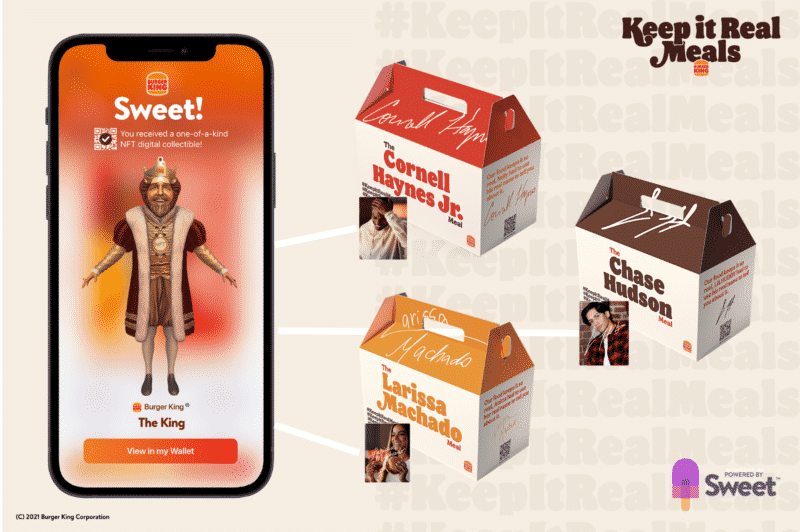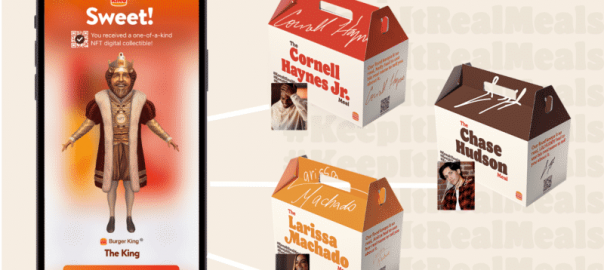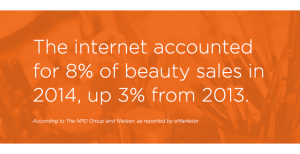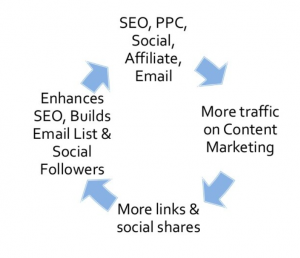Burger King drafts Sweet to engineer a collectible, tradeable sweepstakes.
Last week, QSR chain Burger King launched an NFT-based sweepstakes around their BK Keep It Real Meals. The promotion is designed and supported by NFT marketplace Sweet with a focus on experience and easy adoption of the technology.
The payoff could have implications for many brands looking to cash in on interest in collectible NFTs and to crack the code of how to use blockchain technology to encourage sustainable consumer attention and engagement. It comes down to experience.
“At Burger King, the guest experience is at the core of everything we do, and we’re always looking for innovative ways to engage with our guests,” said a Burger King spokesperson. “The BK Keep It Real Meals campaign felt like a natural fit to launch this kind of large-scale NFT-based game that would allow guests to engage with our brand and this campaign in a unique, culturally relevant way.”
Keeping it easy and engaging
“It’s like getting a toy in the box, but it’s a digital toy,” said Tom Mizzone, CEO and founder of Sweet.
Customers order one of three Keep It Real Meals curated by pop artists Nelly, Anitta and LILHUDDY. They scan the QR code on the meal box with their phone, download the Sweet app, and receive a collectible NFT game piece. Every 12 hours they can scan the box again to receive a new game piece, keeping the participants glued to the game.

Players then try to collect three pieces in the same “suit” (burgers, fries and shakes), and when they do, they’re rewarded with a fourth reward-based NFT. (There are three different variations on the NFT corresponding to each meal in addition to each suit, creating nine possible NFTs for each meal.) Within the Sweet app, users can also trade NFTs with other users, improving their collection.
Utility over novelty
Early this year, Taco Bell made headlines for being an early adopter of NFT-based promotions. As we watched the space throughout the spring, we saw blockchain technology developing around events and experiences that can be auctioned off in a similar way to NFT art by Beeple that attracted so much attention and funds.
To add real value at different levels of the BK promo, the chain is offering real rewards to collectors that include Whopper sandwiches for a year, autographed swag, and even a special personal phone call from one of the artists.
“As we work with brands, there’s a longing to do more than these novelty drops. To that point, BK’s campaign gamifies in the form of game pieces on the side of meal boxes,” said Mizzone.
“We have a history of being bold and experimenting with new technologies,” said Burger King’s spokesperson. “The goal of our NFT experience with Sweet is to be easily accessible to our guests while delivering real value. We see this as the next step in the evolution of digital integration that goes beyond the one and done novelty type “drops” and lets us explore different ways to enhance the guest experience.
Expanding the brand story
The Burger King promotion taps into excitement around contemporary stars, around the meals they curate, and around using mobile and blockchain technology to collect and trade NFTs. As with old-school collectibles, they also build a connection with the Burger King brand, and even nostalgia.
“In some ways, you can think about the NFT as the digital equivalent of a toy bundled with the meal box,” said the Burger King spokesperson. “That alone is special, but we wanted to go beyond that by creating a set completion game with NFT rewards that carry utility. Also included as rewards are legendary BK iconography in the form of 3D NFTs – the pop culture icon that is Subservient Chicken and the Burger King ‘King,’ plus of course the paper crown.”
The paper crown is certainly iconic, and spun into a collectible NFT, it somehow strikes the right note to gain bragging rights with other hardcore fans in the digital age.
Loyalty opportunities moving forward
With marketplace partners like Sweet, the NFT game is getting easier for brands to participate. More importantly, it’s easier for consumers to get involved. This should be appealing to marketers.
The environment is still up for grabs because there are a number of companies cropping up that can serve as marketplaces for collectible NFTs and other loyalty programs, according to Chris Georgen, founder and Chief Architect of Topl, a blockchain company focused on measuring and tracking value chains for companies.
“The question on the brand side is to see where [brands] get traction,” said Georgen. “Test it to see where you get traction, and eventually the landscape will settle.”
Participation by consumers hinges on the level of loyalty to the brand. There has to be a strong value proposition for consumers, and it has to be easy to participate. Brands that already have strong loyalty programs, like Starbucks, make it an easier ask.
“I might be brand loyal enough to a company like Starbucks, but not necessarily brand loyal enough to enter into another company’s walled garden,” Georgen said. “Where NFTs start to fit is to allow you to put your products out there that encourage loyalty and give rewards. But do it in an open infrastructure kind of way, where the wallets are on their phones.”
To get to the next stage of NFT adoption, users might insist on more control over their collectibles. For the Burger King promotion, it’s a limited-time sweepstakes ending in October. And the steps are simple enough to download Sweet on your phone and take a shot at that once-in-a-lifetime personal call from Nelly.
The post Brand strategies for NFTs are expanding appeared first on MarTech.
(52)
Report Post







